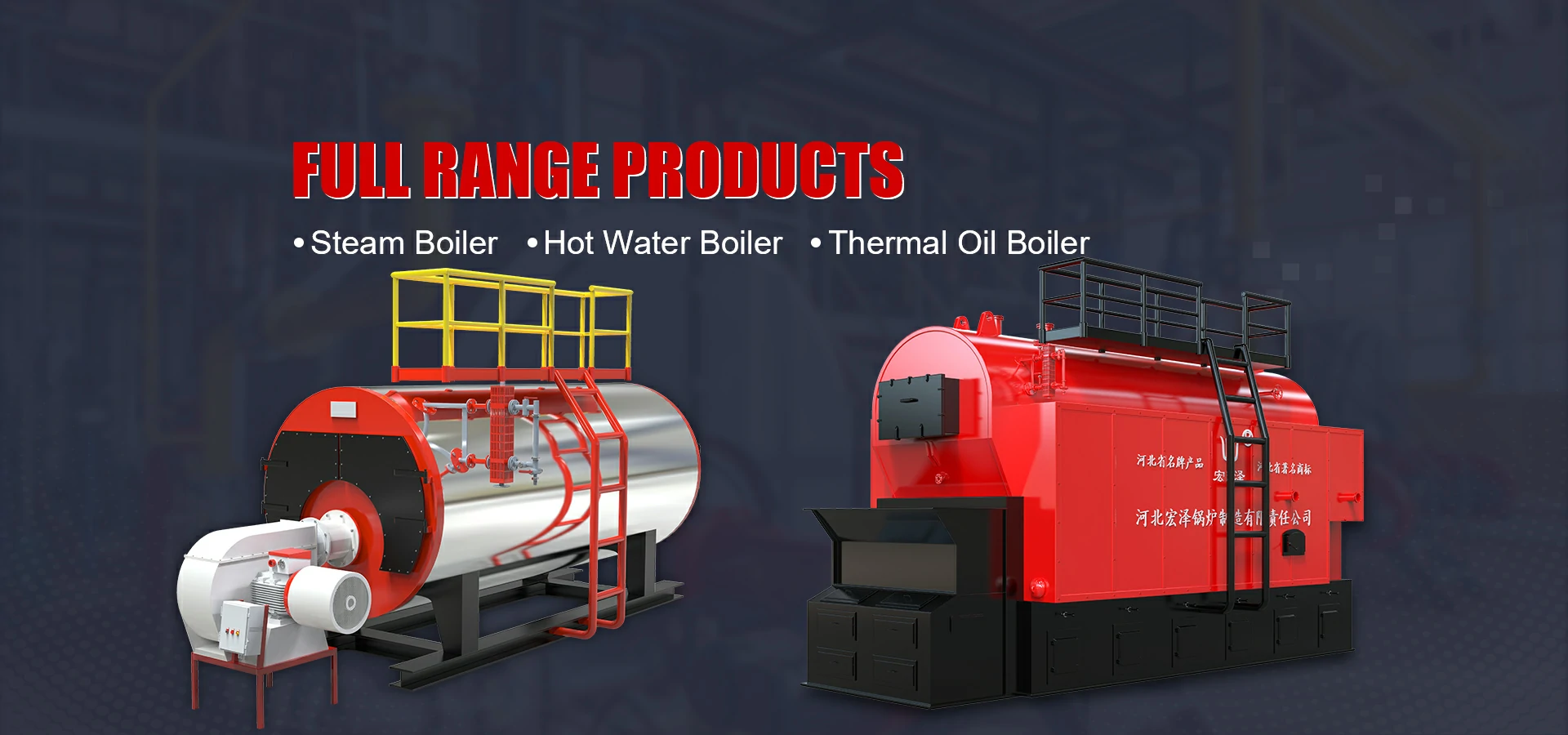
Дек . 07, 2024 07:45 Back to list
thermal oil boiler
The Significance of Thermal Oil Boilers in Modern Industries
In contemporary industrial settings, efficient heat transfer systems are crucial for ensuring smooth and safe operations. Among various heating technologies, thermal oil boilers have garnered considerable attention due to their unique advantages in thermal energy transfer. These boilers, which use thermal oil as a heat transfer fluid, are integral in many sectors, particularly in the chemical, food processing, textiles, and renewable energy industries. This article explores the workings, benefits, and applications of thermal oil boilers, underscoring their significance in modern industrial processes.
How Thermal Oil Boilers Work
Thermal oil boilers operate on the principle of circulating hot oil through a closed-loop system to transfer heat to various processes or equipment. The system consists of a combustion unit where fuel is burned to produce heat. This heat is then transferred to the thermal oil within the boiler. The heated oil is pumped through a network of pipes to the end-use applications, where it releases heat. The cooled oil is then returned to the boiler for re-heating, creating a continuous loop.
Unlike traditional steam boilers, which operate under higher pressures and temperatures, thermal oil boilers work at lower pressures, making them safer and easier to manage. The thermal oil can reach temperatures of up to 400°C (752°F) without the risk of boiling, which is a significant advantage for processes requiring high temperatures without the added complexity of steam generation.
Advantages of Thermal Oil Boilers
One of the primary benefits of thermal oil boilers is their high thermal efficiency. The ability of thermal oil to maintain consistent temperatures while transferring heat minimizes thermal losses and enhances energy savings. Additionally, thermal oil boilers can operate at various temperatures, making them versatile for different applications.
Safety is another significant advantage. Since the system operates at lower pressures compared to steam boilers, there is a reduced risk of explosions or equipment failure. Moreover, thermal fluids are engineered to withstand high temperatures without degrading, contributing to longer operational lifespans.
thermal oil boiler

Thermal oil boilers also offer precise temperature control, which is essential for various industrial processes. This is particularly beneficial in operations such as chemical manufacturing, where optimal conditions must be maintained for product quality and consistency.
Applications of Thermal Oil Boilers
The versatility of thermal oil boilers allows their application in various industries. In the chemical sector, they are used for processes that require stable heat sources for reactions, distillation, and drying. The food processing industry utilizes thermal oil boilers for applications like frying, heating, and sterilizing, where precise temperature control is critical.
In the textile industry, thermal oil boilers provide heat for dyeing, drying, and finishing processes. The renewable energy sector also employs these systems for concentrating solar power plants, where thermal oils are used to transfer solar heat to turbines for electricity generation.
Furthermore, with the increasing focus on sustainability and energy efficiency, thermal oil systems are being integrated with renewable heat sources. This not only reduces carbon footprints but also enhances energy management in manufacturing processes.
Conclusion
Thermal oil boilers represent a cornerstone of efficient industrial heating systems. Their ability to operate at high temperatures safely and efficiently makes them invaluable in a variety of applications. As industries continue to seek ways to improve energy efficiency and safety, the adoption of thermal oil boilers is likely to increase. With ongoing advancements in technology and a shift towards more sustainable practices, thermal oil boilers will remain a pivotal element in meeting the heating demands of modern industries. By understanding their functionality and advantages, businesses can make informed decisions to enhance their operational efficiency and sustainability.
-
High-Efficiency Commercial Oil Fired Steam Boiler for Industry
NewsJul.30,2025
-
High-Efficiency Biomass Fired Thermal Oil Boiler Solutions
NewsJul.30,2025
-
High Efficiency Gas Fired Thermal Oil Boiler for Industrial Heating
NewsJul.29,2025
-
High-Efficiency Gas Fired Hot Water Boiler for Sale – Reliable & Affordable
NewsJul.29,2025
-
High Efficiency Biomass Fired Hot Water Boiler for Industrial and Commercial Use
NewsJul.29,2025
-
High-Efficiency Biomass Fired Hot Water Boiler for Industrial Use
NewsJul.28,2025
Related PRODUCTS






















